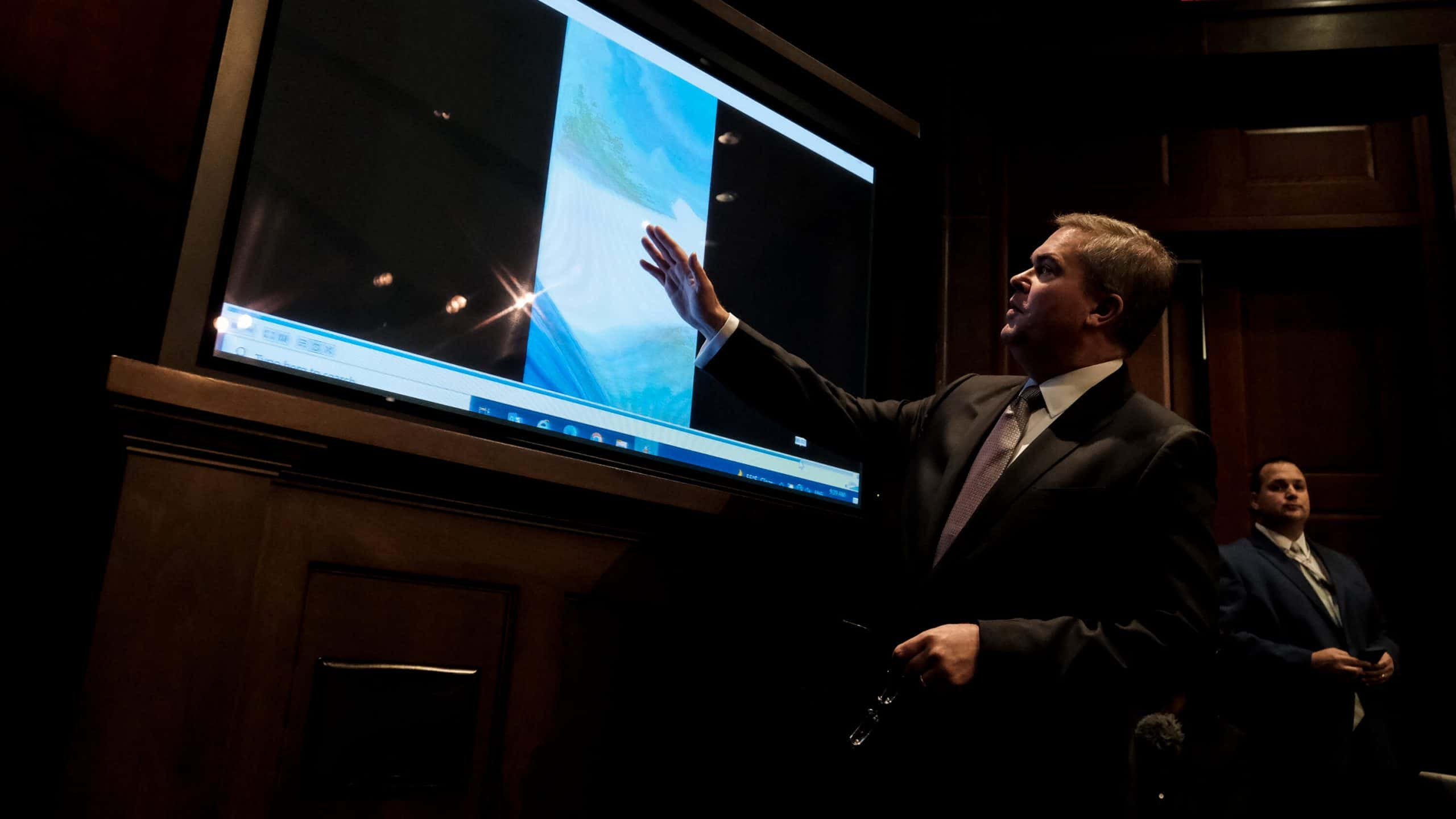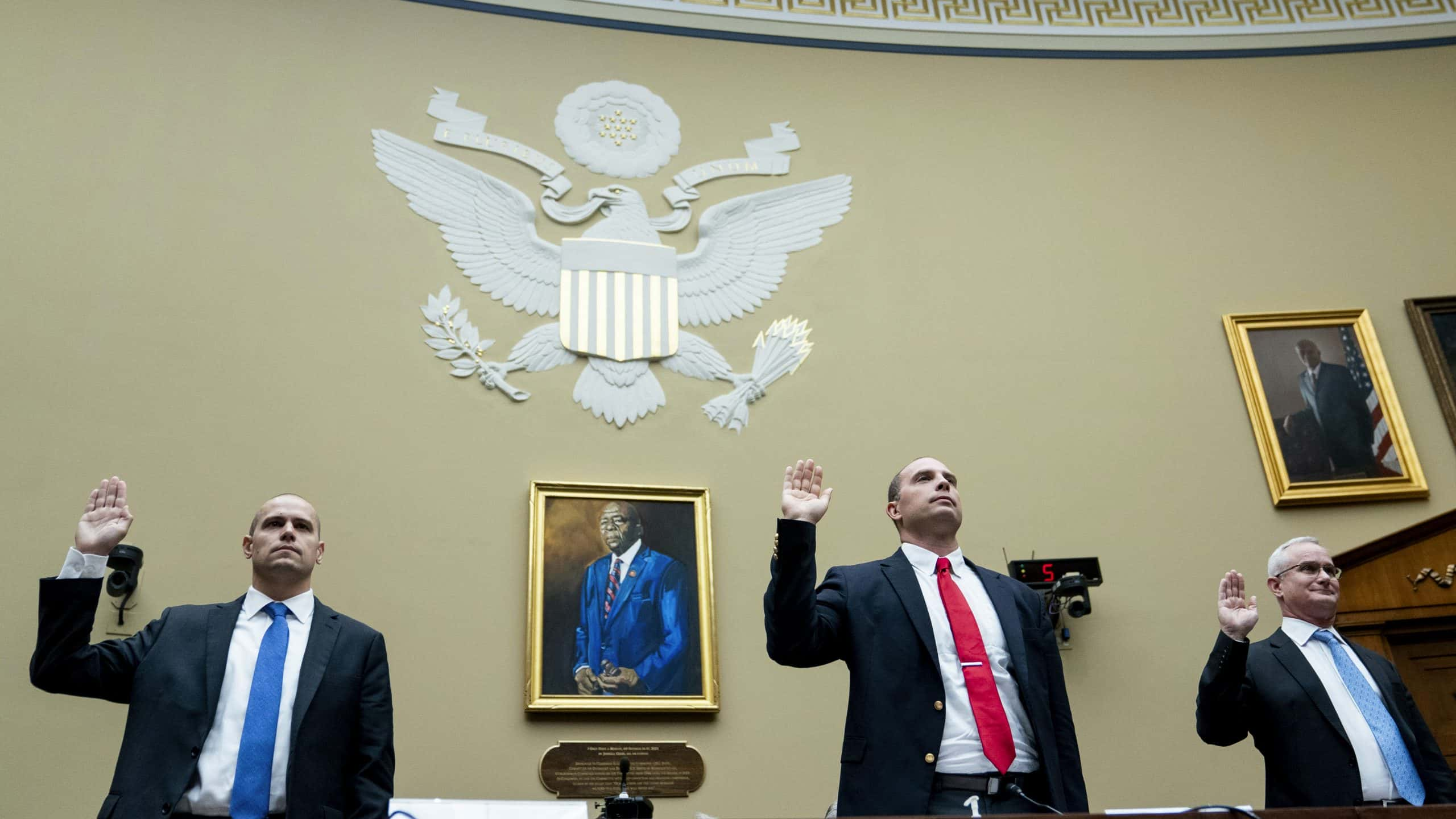The Fiscal Year 2024 National Defense Authorization Act carries provisions mandating the collection and release of documents linked to “unidentified anomalous phenomena, technologies of unknown origin, and non-human intelligence.”

The U.S. Congress has recently approved legislation instructing the U.S. government to disclose records connected to unidentified flying objects, commonly known as UFOs, in a move that could shed light on a long-standing mystery
These encompass various sightings, including those in the sky, underwater, in space, or transiting between these realms. However, the specific definitions of these terms remain elusive within the bill. The records are set for release after 25 years from their creation unless the president intervenes to keep them classified. Nevertheless, newer records may see earlier disclosure with the agency’s permission. This directive is referred to as the UAP Disclosure Act or the Schumer-Rounds Amendment.
Despite the mandate, advocates for unidentified flying object (UFO) transparency express disappointment over the removal of robust measures from the legislation. Douglas Dean Johnson, an independent researcher, highlights the omission of critical components like an independent review board with subpoena power, essential staff for record search, and other necessary resources.
Christopher Mellon, a former Deputy Assistant Secretary of Defense for Intelligence, criticizes the contentious process, citing a lack of trust between the Department of Defense (DoD), the intelligence community, and Congress regarding the unidentified flying object (UFO) issue.
Claims are circulating on social media suggesting that aerospace lobbyists influenced the alterations in the bill to protect alleged cover-ups of crashed unidentified flying object (UFO) technologies
However, some familiar with the legislative process find these claims unsubstantiated, citing a lack of evidence for significant lobbying activity. Reports indicate resistance to broader measures in the bill from within the DoD. This resistance aligns with past instances where the Defense Department opposed expansive disclosures.
The movement for unidentified flying object (UFO) disclosure has gained traction, bolstered by testimonies from former military and intelligence personnel. Various entities, including NASA, have initiated studies to understand and collect data related to UFOs, emphasizing the need for further investigation while denying conclusive evidence of extraterrestrial origins.
Testimonies in Congress by former Navy aviators and Pentagon intelligence officers have fueled the establishment of a UAP caucus among some members, advocating for the release of government-held records on unidentified flying objects (UFO) and alleged reverse engineering programs. Representative Tim Burchett has made bold claims about the capabilities of unidentified flying objects (UFOs), alleging their ability to travel immense distances and possess technology beyond known physics.




